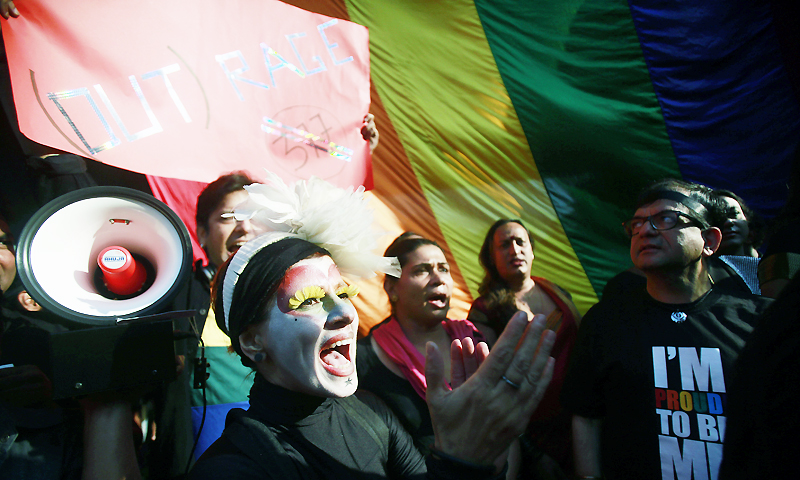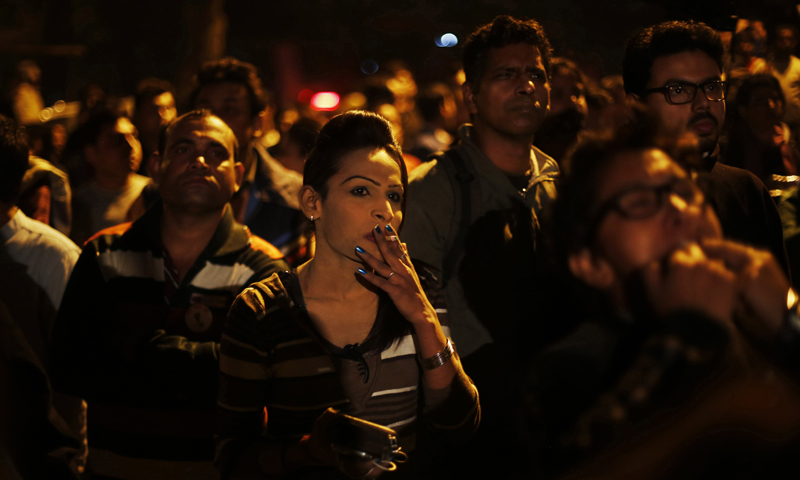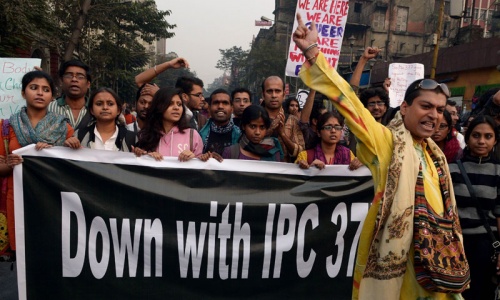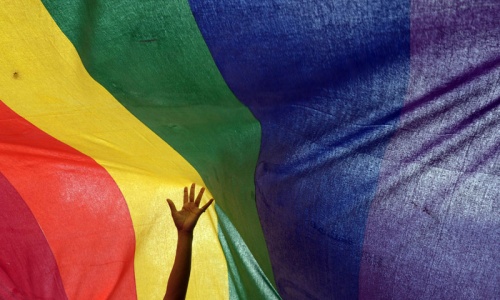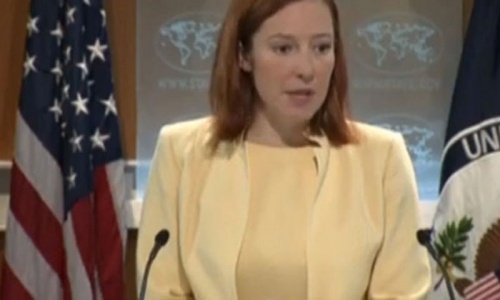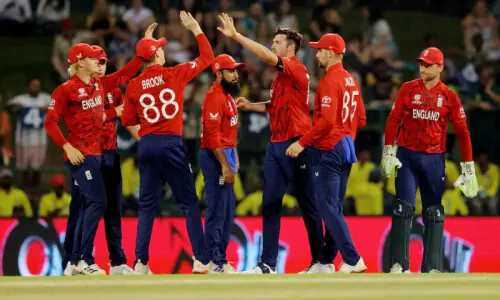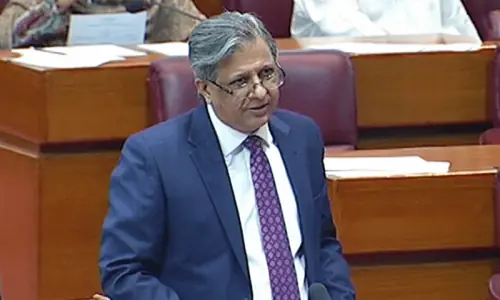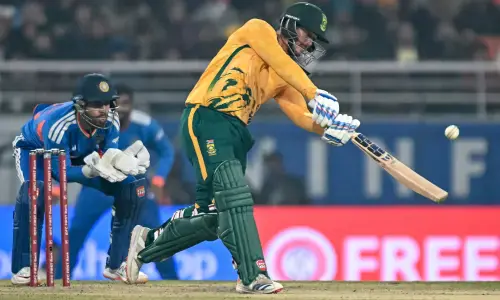NEW DELHI: Gay-rights activists and health workers in India are warning that a new Supreme Court ruling criminalising homosexuality will undo years of progress in fighting AIDS by driving gay and transgender people underground.
They say HIV services expanded and gay and transgender people became more likely to seek them out after a landmark 2009 ruling decriminalised same-sex acts by throwing out a colonial-era law.
India's top court revived the law Dec 11, saying it is up to the country's lawmakers, not the court, to change it.
Activists fear the ruling will make gays and transgender people too fearful to seek treatment or counseling, driving HIV infections up. Indian health officials said last year that annual new HIV infections among adults had fallen 57 per cent over the previous decade.
The reinstated law calls homosexuality an ''unnatural offense'' punishable by 10 years in jail.
Criminal prosecutions were rare when the law was previously in force, but police used it to harass people and demand bribes.
''This law has made us all criminals,'' said Lakshmi Tripathi, a transgender activist who added that the law will stop many people from approaching doctors or health clinics for prevention or treatment for HIV, the virus that causes AIDS.
''How can I go to an HIV/AIDS clinic?'' asked Tripathi. ''If I did, I can be hauled into jail for my lifestyle, for violating the law.''
Health activists say that before the law was overturned in 2009, nongovernmental organisations that ran AIDS intervention centers faced the threat of police raids.
In 2005, police raided an HIV outreach center in the Indian capital and forced it to close, said Shaleen Rakesh of the India HIV/AIDS Alliance.
''This happened in New Delhi,'' he said. ''The situation in small towns and in the rural hinterland is much worse.''
UNAIDS said in a statement this month that the number of organisations providing HIV services to gay and transgender people rose more than 50 per cent while homosexuality was decriminalized.
''After the 2009 ruling, we saw a jump in gay men, bisexuals and transgenders coming to public health centers on their own, seeking medical advice or treatment. They felt it was safe to do so,'' said Ashok Row Kavi of the Humsafar Trust, a group working with the gay community.
''Our big worry now is that they may stay away from health centers out of fear,'' he said.
India's reversal comes as gays and lesbians worldwide rack up significant victories in their quest for marriage equality and other rights.
Same-sex marriage has legal recognition in 18 countries, 18 US states and the District of Columbia.
Parts of Asia appear to be growing more tolerant of homosexuality. China is increasingly accepting of gays and lesbians, although same-sex partnerships are not recognised.
A law against ''hooliganism'' that used to target gays was eliminated in 1997 and homosexuality was removed from China's list of mental disorders in 2001.
Thailand has no laws against homosexuality and is generally tolerant of gays, lesbians and transgender people.
It is the only country in Southeast Asia to have a government-sponsored tourism campaign ''Go Thai. Be Free'' that is aimed at gay and lesbian travelers.
But in much of the world, homosexuality remains deeply taboo.
According to international human rights groups, more than 70 countries have laws criminalising homosexual conduct, with India by far the most populous.
Over the past decade, homosexuals have gained a degree of acceptance in parts of India, especially its big cities.
Many bars have gay nights, and some high-profile Bollywood films have dealt with gay issues.
The last few years have also seen large gay pride parades in New Delhi and other big cities.
Still, being gay is seen as shameful in most of the country, and many homosexuals remain closeted.
Gay rights activists in India had hoped the 2009 decision would usher in greater acceptance of gays and lesbians, but now fear the stigma they face in India's deeply conservative society will prevent them from disclosing their sexual orientation and openly accessing health care programs.
The social stigma faced by young gay men meant that they are forced by their families into marriage, putting their wives too at risk of contracting HIV.
HIV prevalence in the general population in India is around 0.31 per cent, according to World Bank figures. According to the AIDS control organisation, in 2010-11 the rate was 4.4 per cent for gay men and 8.8 percent for transgendered people.
The rate for gay men has been going down, but Rakesh of the India HIV/AIDS Alliance warned that the court ruling could change that.
''India is sitting on an HIV time bomb,'' he said. ''If India does not address this situation immediately, not only the gay and transgender community, but the rest of the population is also sitting on the same time bomb.''

